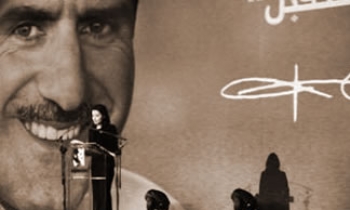KAMPALA, Nov. 24 (Xinhuanet) -- The Ugandan government has slapped a ban on all media houses against debating or holding talk-shows on cases pending before court, including that of opposition leaderKiiza Besigye currently facing treason charges.
Minister of State for Information Nsaba Buturo told Xinhua by telephone on Thursday that the ban took immediate effect and threatened to close down any media house that violates the directive.
"I have directed all media houses to stop hosting talk-shows or debates on cases pending before courts of law. I have also asked the Medial Council to start monitoring all media houses immediately and we shall not hesitate to revoke the license of any media house that does not adhere to this directive," said Buturo.
Kiiza Besigye, who is also the leader of the Forum for Democratic Change and is slated to run in next year's presidential election, is currently facing court on charges of treason and rape.
Buturo said any debate on the case is likely to prejudice the court proceedings.
"Any debate or talk-show in favor, against or related to court will prejudice the court process and therefore prejudice the rights of the parties in the case. The conduct of these shows in relation to court proceedings is unconstitutional as this would undermine the right to a fair hearing," said Buturo.
He said that Besigye's case is a sensitive matter and because of the issues surrounding it, we have decided that it should not be further debated.
He said that media houses will only be allowed to report facts or court proceedings "without expressing opinions on court proceedings."
But, according to local press reports on Thursday, this directive has sparked off mixed reactions among media proprietors in the country. While some expressed discomfort with the directive, others said they would tread cautiously. Some vowed to go to court to challenge the directive.
One of the proprietors of a radio station in the city, Aga Sekalala was quoted by The New Vision newspaper as saying on Thursday that there is a thin line between politics and the legal aspects of the case and the directive completely complicates matters.
"It is hard to divorce politics from the case. We are still reviewing the directive. We have asked our legal advisers to look at it and advise on the way forward; whether it can stand to legal challenge or not," said Sekalala.
However, Minister Buturo said the directive is not intended to gag the press. He said the decision followed findings that some people were using the debates to incite violence.
He said some talk-shows had social and security implications because they are not properly conducted.
"Opinions divide the population into those who support or oppose the case. This is not good for the rule of law and public harmony. The principle of separation of powers also means that the public or media houses do not hijack the role of judges," Buturo said, adding that those who want to challenge the directive can go ahead.









